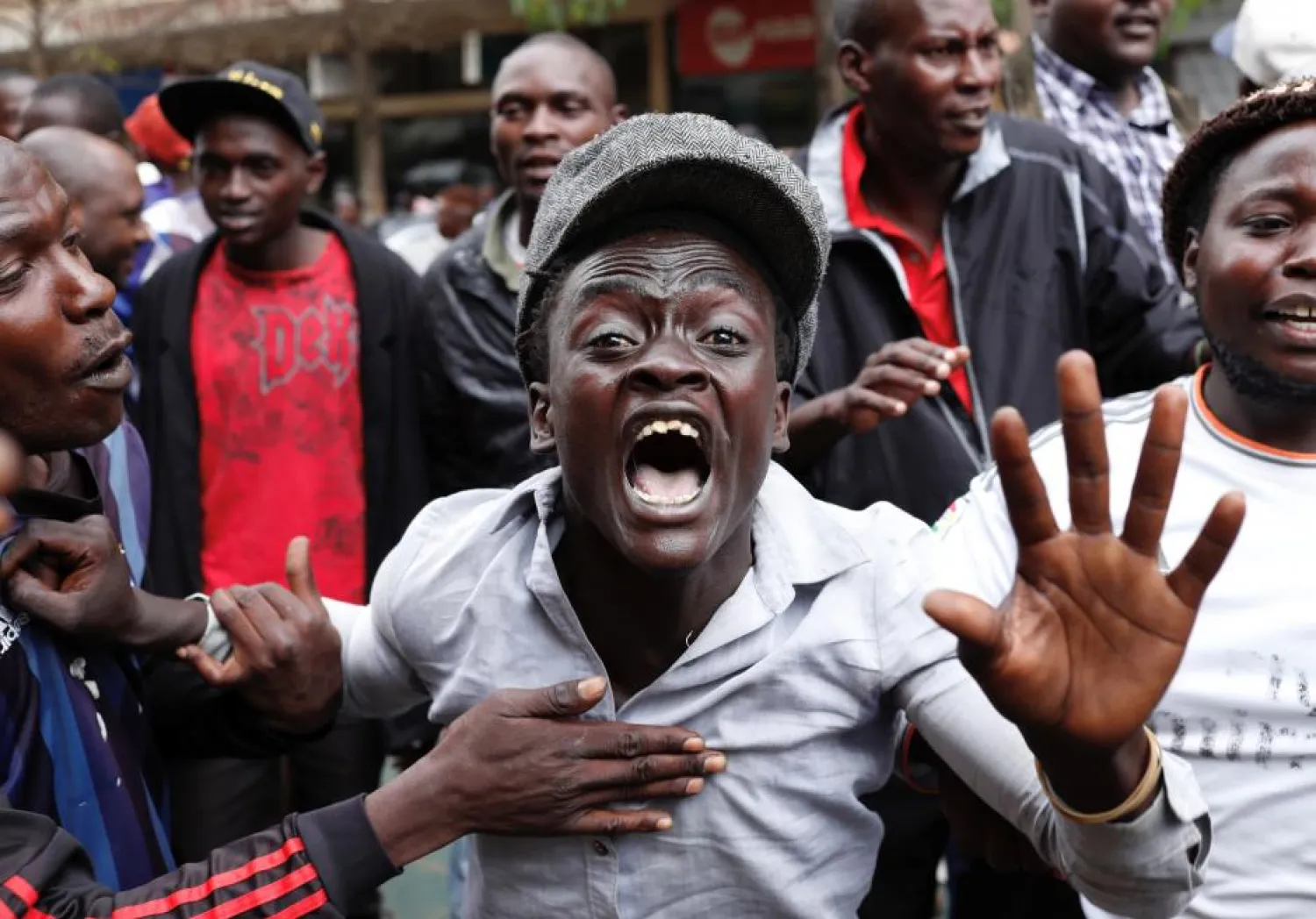The Supreme Court in Kenya was forced on Wednesday to delay a last-minute hearing on holding presidential elections due to a lack of quorum when some judges failed to attend the session.
That meant the court lacked a quorum to hear the petition to delay the vote. “The honorable the deputy chief justice, the deputy president of the Supreme Court is not in a position to come to court,” Chief Justice David Maraga said.
Maraga said one judge was unwell, another was abroad and unable to return in time, and another judge was unable to come to court after her bodyguard was shot and injured on Tuesday night.
The petition filed by three Kenyans including a human rights activist sought to postpone the repeat presidential election and argued that not enough has been done to ensure the process is free, fair and credible. The opposition and some observers have called for the re-run of the election to be delayed after opposition leader Raila Odinga withdrew from the race.
The polls were scheduled for Thursday, but its preparations have been marred by administrative confusion. Only the Supreme Court has the power to delay presidential elections.
The development has plunged Kenya deeper into a political crisis, which has taken on a violent turn.
A lawyer for the election board said the Supreme Court statement meant the elections, which Odinga is boycotting, would proceed.
“It means elections are on tomorrow. There is no order stopping the election,” lawyer Paul Muite told Kenyan television station Citizen TV.
Protesters lit bonfires on the roads of Kisumu, the western city that is an Odinga stronghold, within minutes of the court announcement, a Reuters witness said.
The governor of Kisumu county, said people would be justified in rebellion if the vote went ahead on Thursday. Odinga had urged his supporters to boycott the elections.
“If the government subverts the sovereign will of the people ... then people are entitled to rebel against this government,” Anyang Nyong‘o told reporters.
The Supreme Court annulled an August ballot, in which by President Uhuru Kenyatta was declared the winner over Odinga, due to procedural irregularities.
Odinga, who leads the National Super Alliance, had challenged the results claiming hackers had infiltrated the electoral commission's computer system and had manipulated the vote.
He explained that he is boycotting the polls because the electoral commission has not implemented adequate reforms to guarantee credible elections.
The electoral commission chairman has said that he cannot guarantee elections that are credible and a member of the electoral board resigned and left the country, saying she feared for her safety.
Kenya police meanwhile said they will not allow the National Super Alliance to hold its final rally at the capital's Freedom Park ahead of their boycott.
Nairobi police chief Japheth Koome said the opposition did not have authorization from the county government to use the park. Odinga was to speak to his supporters at the park.









